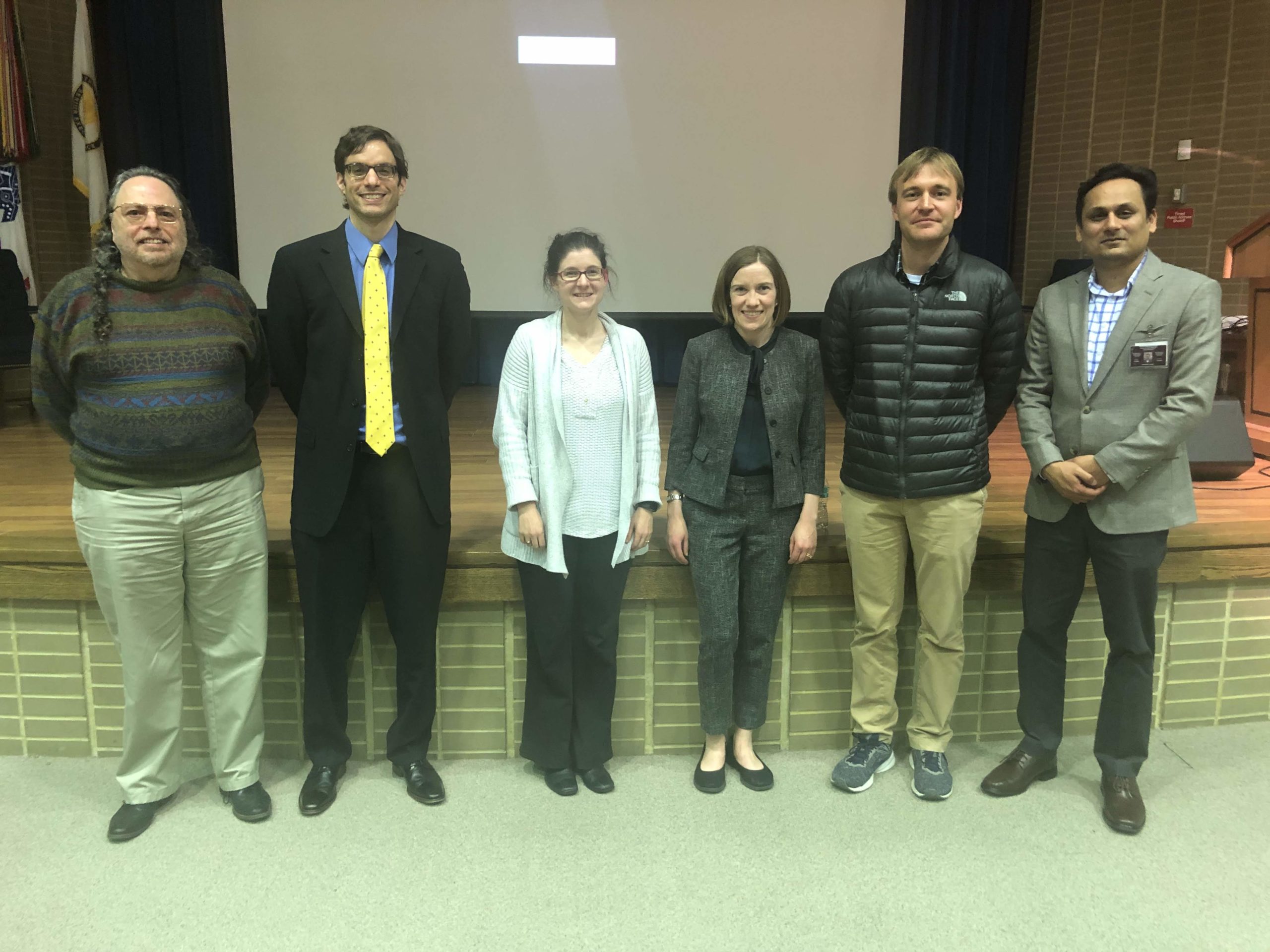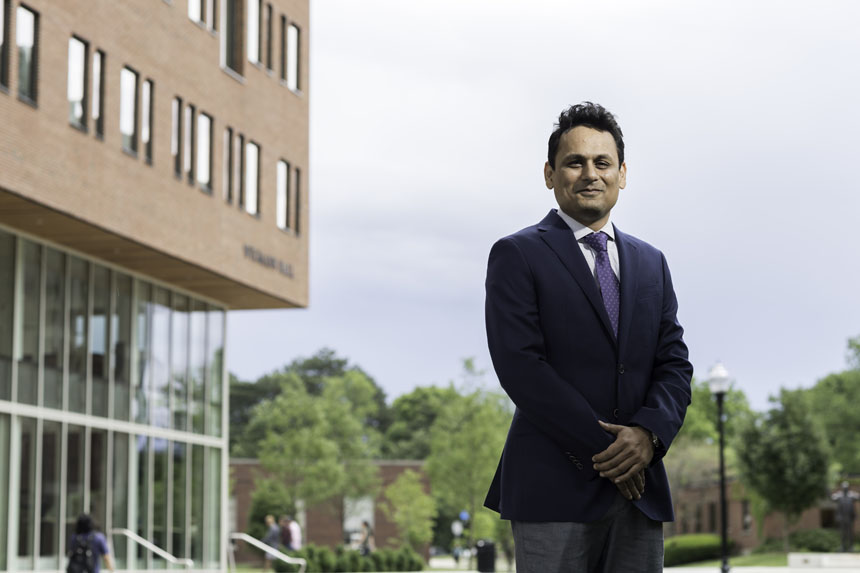Hoque receives $1M Early Career Awards for Scientists and Engineers (ECASE)
Ehsan Hoque receives a $1 million Early Career Award for Scientists and Engineers (ECASE-ARMY) from the Army Research Office (ARO).
ECASE awards are the highest honor bestowed by the ARO to outstanding scientists and engineers beginning their independent careers.
The awards recognize researchers who pursue innovative research at the frontiers of science and technology and who also engage in scientific leadership, education, or community outreach.
Due to extended PECASE announcement delays, the Army decided to proceed with awarding the 2015, 2016, 2017 and 2018 selectees utilizing a “bridge” program called ECASE-Army.
The ECASE-Army recipients were hosted at a mini seminar series, in April 10-11, 2019, where awardees were provided the opportunity to present their research.

“This is a big boost that will help my lab continue to pursue blue-sky research,” says Hoque, an assistant professor of computer science and the Asaro Biggar Family Fellow in Data Science. He is also interim director of the Goergen Institute for Data Science.
“The Army Research Office encourages young scientists to take on ridiculously difficult problems and allow ample intellectual freedom to pursue them,” Hoque says. “It is a wonderful opportunity for young scientists like myself to take on high risks early in their career.”
The technology Hoque hopes to develop with this award builds upon his lab’s recent work on understanding deception based on facial and verbal cues. His Rochester Human-Computer Interaction (ROC-HCI) Lab used data science and created an online crowdsourcing framework called ADDR (Automated Dyadic Data Recorder) to build the largest publicly available deception dataset so far – and to discover, for example, why some smiles are more deceitful than others.
Applications include:
- improved security screening of passengers in airports,
- helping medical practitioners realize whether patients are hiding suicidal symptoms,
- new ways for law-enforcement agents to assess risk when engaging in self-defense,
- helping individuals with autism realize when they are being manipulated or deceived.
Read more at http://www.hajim.rochester.edu/news/2018-11-20-hoque-ecase.html

